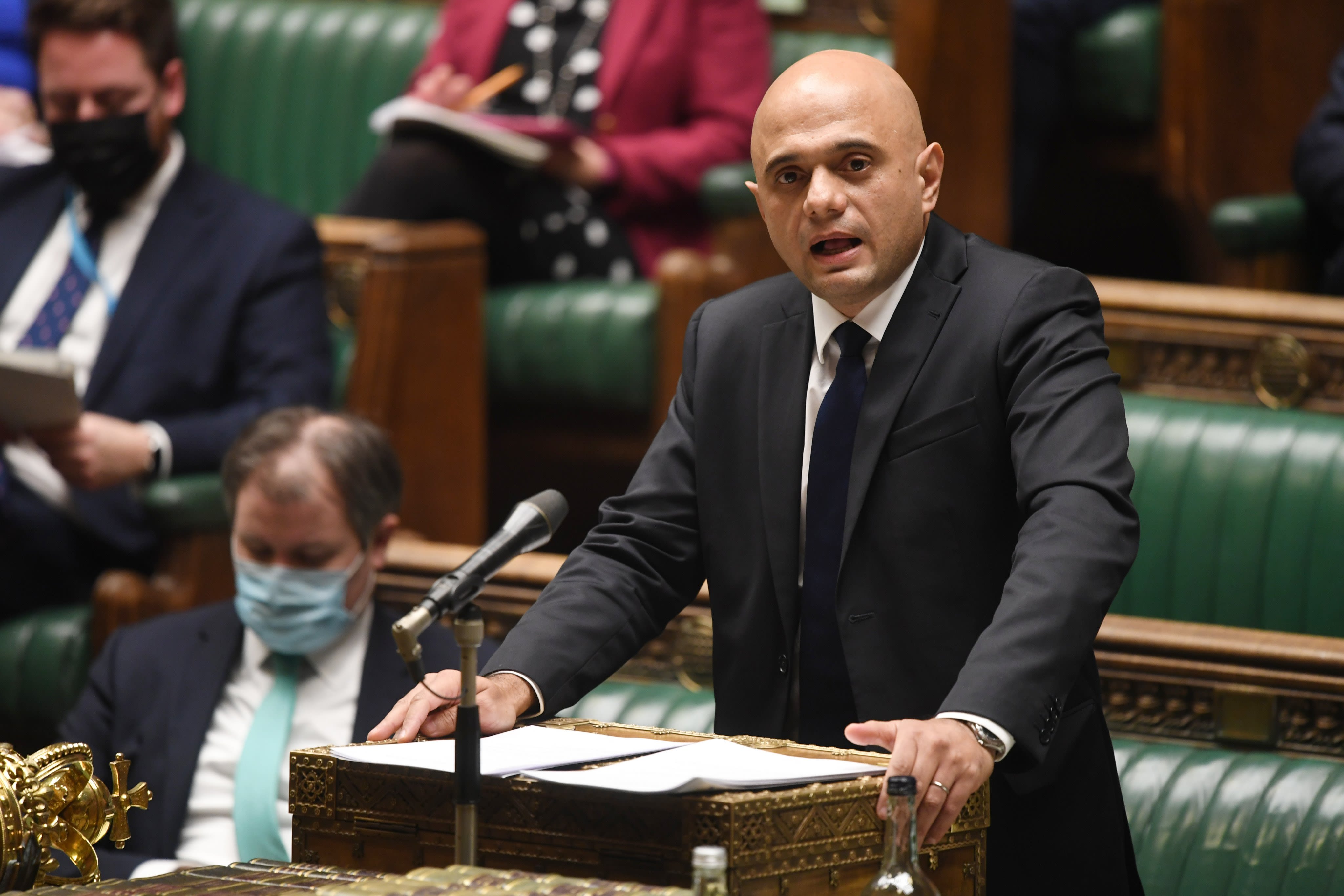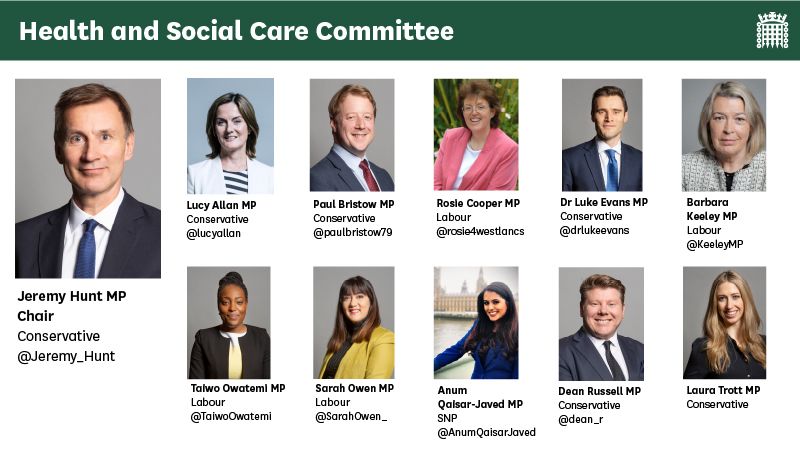Has the provision of mental health services for children and young people improved?

The Government published its green paper on transforming children and young people's mental health provision in 2017.
Four years later, we wanted to find out how much the Government has achieved on mental health services for children and young people.
We received over 100 written submissions. We heard from ministers, experts, service providers, clinicians, practitioners and young people with experience of using mental heath services.
Read on to see what we have found out.
The scale of the problem

In 2020, one in six children aged 5 to 16 years had a probable mental disorder, increasing from one in nine in 2017.
The mental health of children and young people has worsened during the pandemic.
"We see thoughts of suicide in our young people at almost double the rate of the adult population, as well as rates of loneliness and hopelessness. The flashing red lights are there; this is a situation that needs attending to."
This is placing a massive additional strain on already stretched children and young people's mental health services.
Access to mental health services

Approximately 60% of children and young people in need of mental health services are currently unable to access them. They often face high access thresholds and reject referrals followed by long waits, if they get accepted into the services.
Hope, who struggled with an eating disorder as a teenager, told us what it meant to be turned away from services due to a high threshold:
"With my eating disorder, and for a lot of other people, it takes time to fall into the underweight category. You are then constantly being pushed back from services. When you are told, in essence, that you are not thin enough for treatment, your brain goes into turmoil. You feel like a fraud and a fake."
Lucas, a young activist for the charity Young Minds, told us about the barrier to accessing mental health services and the impact that long wait times had on him:
Young people between the ages of 18 and 25 face some of the widest gaps between the support that they need and the support that is available to them. The transition to adult services remains poor for many children and young people, with up to a third of young people dropping out of services during this period.
What we ask of the Government:
- All children and young people under the age of 25 should receive mental health support as early as possible and should never be turned away from mental health services due to not being ill enough.
- NHS England & Improvement must accelerate the implementation of the offer for the 0-25 year olds so that young people do not continue to face a cliff edge in accessing the care they require as they transition from children to adult services.
Where is mental health support available?

A "whole school approach" to mental health
A great deal of evidence we received called for a "whole school approach" to mental health. This means creating the conditions that lead to good mental health and wellbeing through all aspects of school life. It is not only about preventing ill mental health but about the promotion of positive mental health and wellbeing being integrated into a normal school day.
The creation of Mental Health Support Teams (MHSTs) was one of the key proposals included in the 2017 green paper to support the whole school approach. We heard from Tim Bowen, Head of Maple Primary School, where MHSTs are being piloted:
"One of the most positive things in this for me is that the culture in the school over the last couple of years since it became involved in the pilot has changed.[...] it is not just acceptable but a really positive healthy thing to be talking about ways of looking after yourself and your emotional and mental wellbeing."
New Mental Health Support Teams in schools offer a valuable opportunity to identify those beginning to experience problems with their mental health, we noted that there was no funding to roll them out nationally in the recent Spending Review settlement and that current plans lack ambition.
Other forms of support
Schools might not be the preferred place to access mental health support for everyone.
We support the implementation of:
- Drop-in hubs that operate on an open access, self-referral basis. These hubs have been rolled out in some areas of the country, but this is subject to local funding priorities.
- Digital support. This would guarantee anonymity and would be available to everyone regardless of where they live.
Inpatient care

There are too many children and young people in inpatient units subject to inappropriate care. In the vast majority of cases, the most appropriate and most compassionate care for children and young people will be in their community near their families.
The use of restrictive practices, including restraint, remains high in children and young people's mental health services. For children and young people, the experience of restrictive intervention is often traumatic.
It is extremely worrying that restraint, and particularly prone restraint, is being used on children and young people at a much higher rate than in adult services.
What we ask of the Government:
The use of prone restraint on children and young people should be banned in all inpatient settings and in transit.
What's next?

The Government must now respond to our report.
Our report "Children and Young People's Mental Health" was published on Thursday 9 December 2021.
Detailed information from our inquiry can be found on our website.
If you’re interested in our work, you can find out more on the Health and Social Care Committee website. You can also follow our work on Twitter.
The Health and Social Care Committee is a cross-party committee of MPs that scrutinises the work of the Department of Health and Social Care and its associated public bodies.

